What can you tell your doctor?
------------
You can tell your doctor anything, such as how you're feeling, if anything is hurting or bothering you, etc.
True or False: Diseases like high blood pressure, diabetes, and heart disease can sometimes run in families.
What is "true"?
------
Chronic diseases like diabetes, high blood pressure, and heart disease can run in families which is why your doctor will frequently ask what health problems your parents, grandparents, and siblings have.
This helps doctors understand what diseases you might be at risk for.
What exam checks how fast your heart is beating?
A pulse exam!

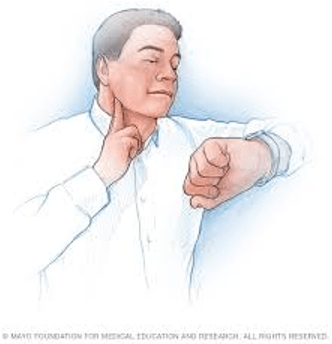
Doctors order this test to look at your lungs and ribs.
What is "chest X-Ray"?
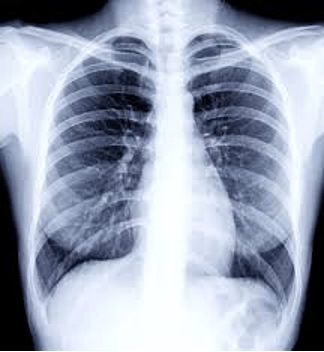
Share something that made you happy this week!
Awesome!
True or False: Your doctor cannot tell anyone what you tell them during your visit.
What is "true"?
Everything you tell your doctor is confidential EXCEPT if you tell them that you want to hurt yourself or other people.
What are some ways to stay healthy?
Exercise
Eating well
Sleeping enough

Exercise: Take your pulse!
Take your index and middle finger and place them on the side of your neck, near your throat (like in the picture below). You should feel your skin beating.

This is your carotid artery pulse.
A normal pulse/ heart rate is 60-100 beats per minute
Doctors recommend that patients get this vaccine every year to avoid getting sick, especially during winter!
What is the "flu shot"?
---
The CDC recommends that everyone 6 months or older get the flu vaccine every year to protect against influenza viruses that cause the flu.
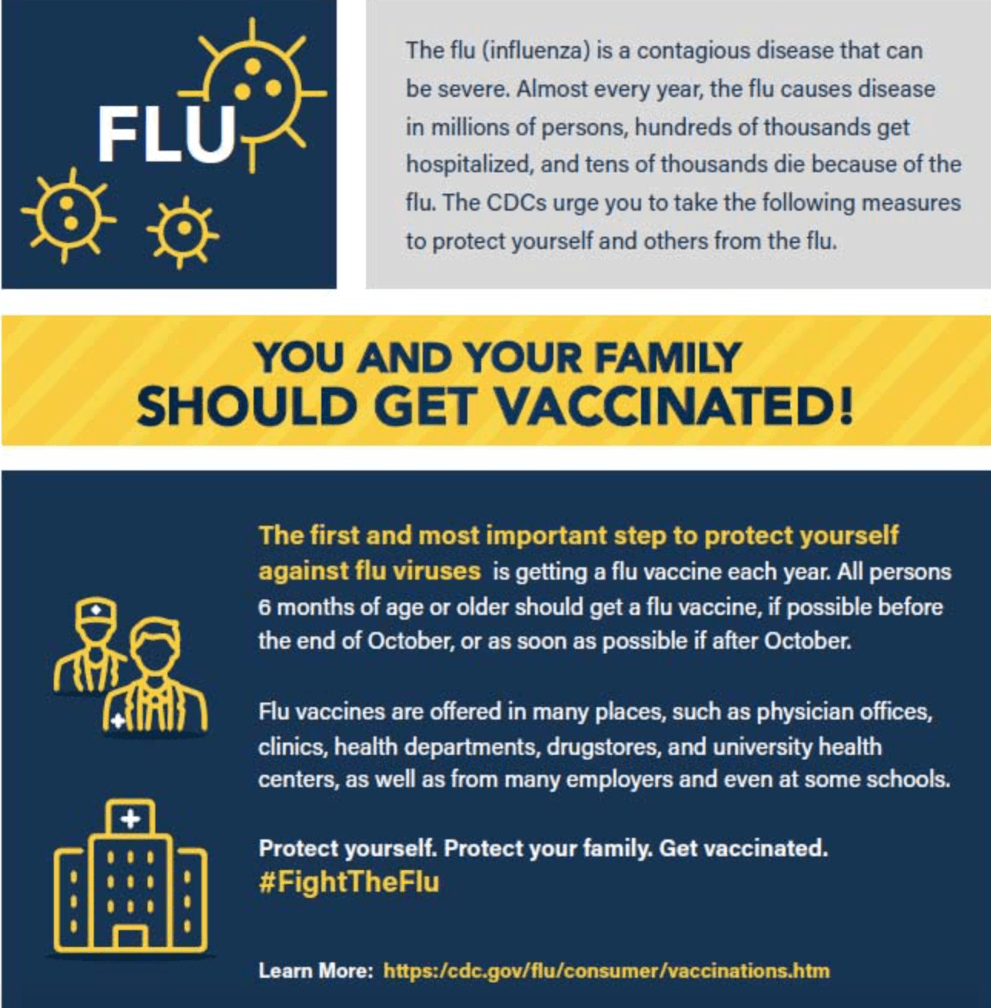
Tell us something you're looking forward to this weekend!
Cool!
FALSE!
It is okay to switch doctors if you don’t think you and your doctor are a good fit!
Healthy or unhealthy?
Not sleeping, not moving, being in a place where you don't feel safe, smoking, drinking alcohol/soda
Unhealthy!
We need to have good sleep, exercise, and a safe environment PLUS avoid smoking and drinking alcohol/soda to achieve optimal health and decrease our risk of developing diseases.
How does the doctor check your reflexes?
Using a reflex hammer, the doctor will tap areas such as your knee and ankle to test your reflexes.
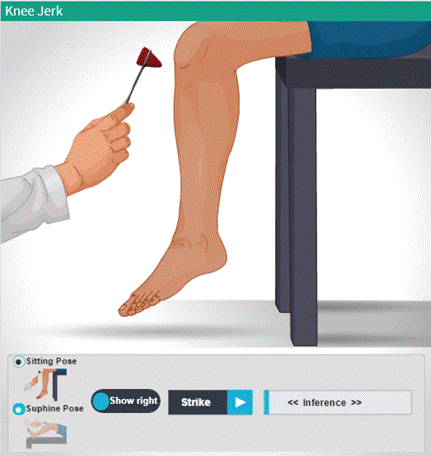
When do people get vaccines (shots) to keeps us and our family safe?

Some we get when we are babies
Some you get every year
Some you get if you hurt yourself or travel (example: tetanus shot)
Give someone in the group a compliment!
You are ALL awesome!!
Give examples of questions you can ask your doctor.

How can I eat healthier?
What kinds of exercise should I do?
How can I lower my blood pressure?
How can I smoke less?
Should I take vitamins?
What are the side effects of this treatment plan?
What do my lab results mean?
Is this correct? (make sure you understand your doctor’s instructions to you!)
Healthy or unhealthy?
Staying warm in winter
Drinking water
Talking to friends
Having fun
Wearing a mask
Healthy!
We need all of these things to maintain good health and decrease our risk for diseases.

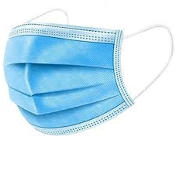
In addition to the heart, the doctor also uses their stethoscope to listen to your ______ and ______.
Lungs - take a deep breath so the doctor can hear your lung sounds
Abdomen - to make sure that food is moving through your digestive system normally


What three things should doctors do before you get a vaccine (shot)?
○ Wash their hands
○ Clean your skin with alcohol
○ Tell you what they are doing
Take 10 deep breaths!
Yay :)
Share some tips on how you can remember what to tell or ask your doctor!
1. Write a list of topics and questions you want to tell your doctor
2. Bring someone with you to your appointment who can help remember your questions and help you advocate for yourself

Your doctors will often ask about your past medical history to understand how you're doing right now.
What topics fall under past medical history?

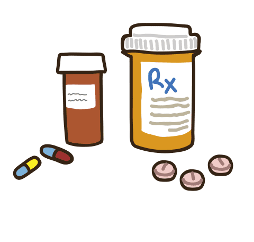 Do you have any chronic illnesses?
Do you have any chronic illnesses?
Have you ever stayed in the hospital before?
Have you had any surgeries?
Have you had any screening tests?
Do you take any medicines?
Do you have any allergies?
---
We need to know what has happened to your body before so we can figure out what is happening now!
Which four areas of the chest does your doctor put their stethoscope on to listen to your heart sounds?
From Right to Left: Aortic, pulmonic, tricuspid, mitral

Why might your doctor order a urine test?
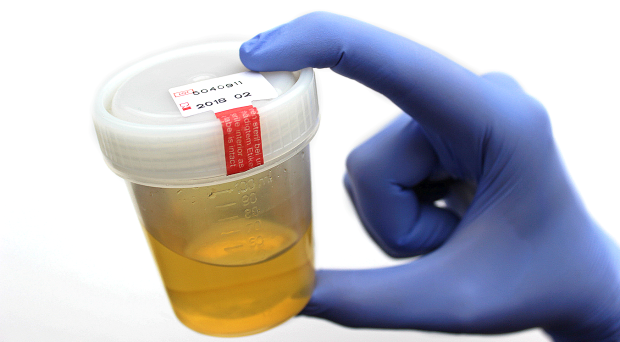
To check for:
Urinary tract infection (UTI)
To diagnose or screen for diseases like diabetes, liver disease
Check for blood, proteins, etc. which can give them an idea about your kidney function
Take one minute to stretch out!
Great!